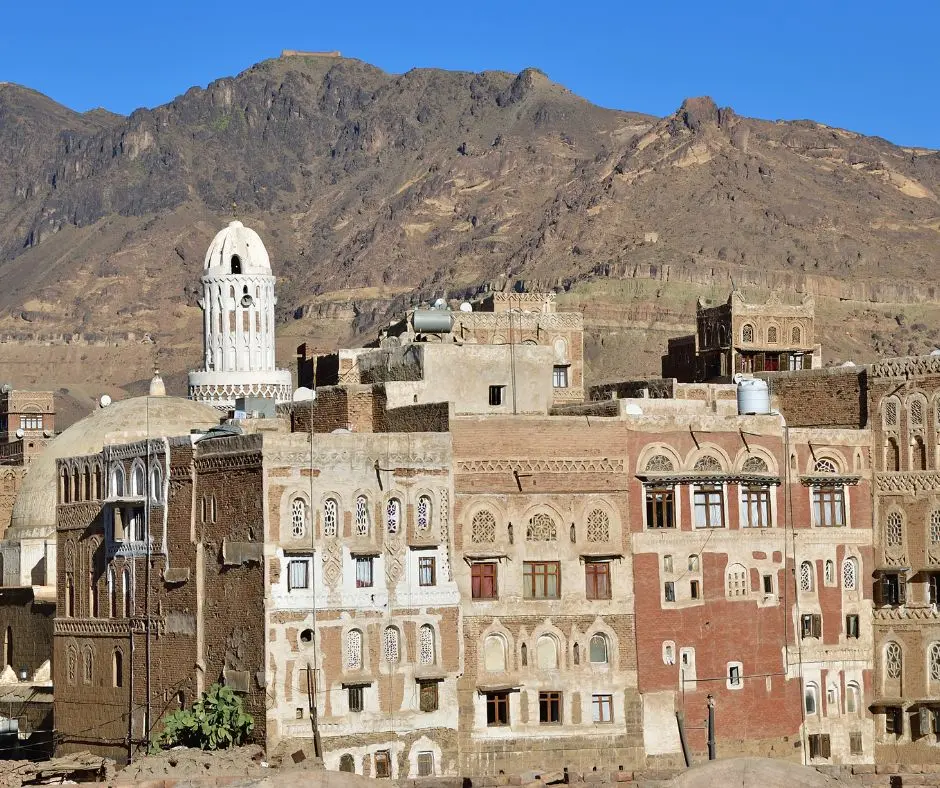
Asylum requests from Yemenis to be reviewed again
Share on social media:
The Dutch Minister of Asylum & Migration recently decided to change the asylum policy for Yemenis because a new official report on Yemen had appeared in April. The new policy has been in effect since 17 October. Asylum applications from Yemenis will be reviewed again from then.
According to the official report, violence varies by province
The new asylum policy for Yemen states that not everyone in Yemen is automatically at risk anymore because of violence that just arises. According to the
For the first time, there is a domestic settlement alternative
The minister's policy now assumes for the first time that there is a domestic settlement alternative. This means that people who have fled war violence from the provinces where violence is most frequent may be able to live safely in Al Mahra and Hadramaut provinces. And that could be a reason that the
You can still get asylum in the Netherlands, but your personal situation is important
The IND still believes that people from Yemen may be at risk, but not that everyone is equally at risk. You should therefore explain more about your personal situation in Yemen during your interviews with the IND. It is important that you explain what you have experienced yourself. Why are you still in danger in Yemen? For example, maybe you are in more danger because you:
Have a physical disability
Have or had a profession in Yemen that puts you at greater risk
Are very young or very old
Belong to a high-risk group. For example, because you were or are a journalist, activist or opponent of the government in Yemen. Or because you belong to an ethnic, religious or other minority, for example, because you are an